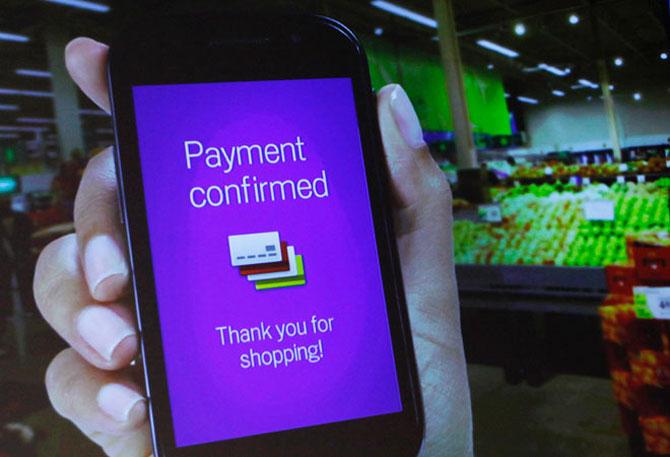That’s the government’s goal for the Unified Payment Interface by March. Are they close? A P Hota, the man at the helm, answers.

A P Hota, managing director and chief executive of the National Payments Corporation of India, tells Tinesh Bhasin that while the implementation of UPI hasn’t met the initial deadline, he expects transactions to cross a million a day by March.
Edited excerpts:
Is the adoption of UPI in line with your expectation?
During the past few months, transactions have grown. On Thursday, we had close to 85,000 successful transactions. Our goal is to reach a million transactions a day, by March.
As of today, there are 31 banks. We are behind the schedule in bringing public sector banks (PSBs) to the network. Bank of India and Syndicate will join by the end of this month. Corporation Bank, Indian Overseas Bank and Punjab & Sind Bank could take some more time -- until middle of January. PSBs are important, as this will help regional rural banks to join UPI.
Some banks have raised concerns over the grievance redressal mechanism. How are you addressing those?
In UPI, the customer may be of one bank, the app be of another and money being transferred to a third bank. But, in a majority of cases, almost 75 per cent, it is a clean transaction from one bank to another. Usual transactions don’t involve more than two banks.
Considering that in interbank transactions, there are reconciliation problems, it is natural to think that there would be problems when three banks get involved. But, in the UPI system, there’s already a grievance redressal reconciliation module. If a person sees that money has not reached the beneficiary or if a customer is wrongly debited, a complaint can be launched from the app itself. We can trace the trail of transaction, which makes reconciliation easier.
Within the past four-five months, we’ve hardly had customers approaching us with grievances.
Should the app developer be responsible for reconciliation and grievance redressal as banks have suggested?
No. Service providers are responsible for reconciliation and grievance redressal. They include NPCI, agency of the bank and the bank.











